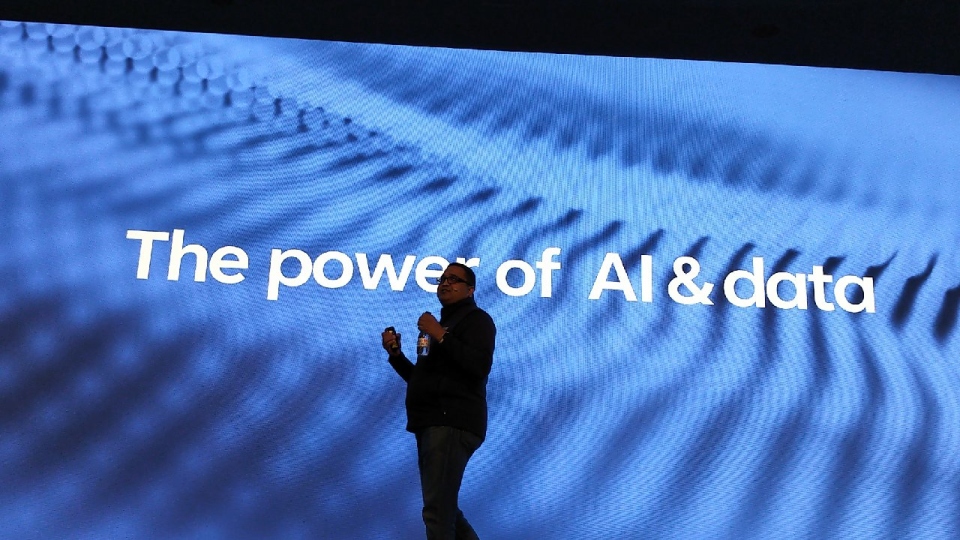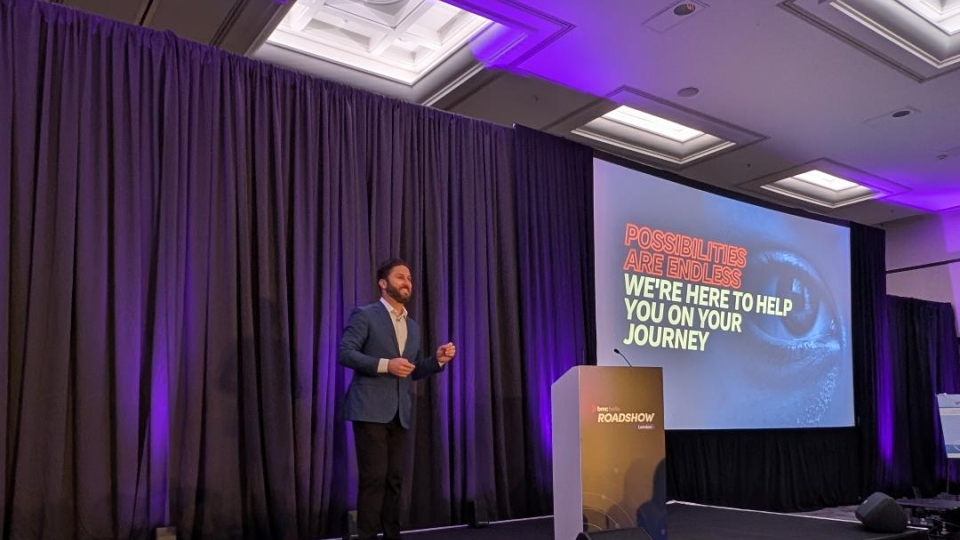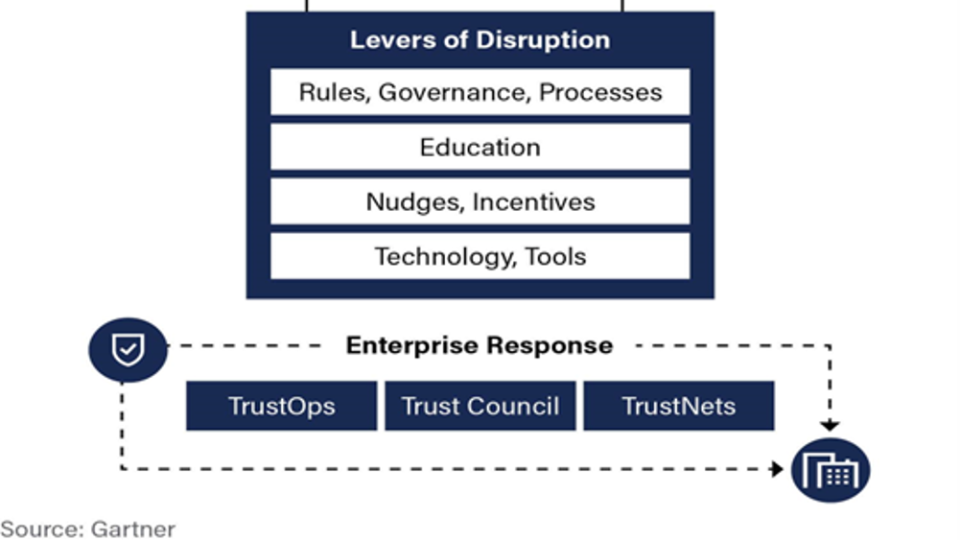
The software services space is changing rapidly in response to the business needs of DevOps, and, of course, AI.
As previously reported, IT Europa attended a couple of related conferences this week, to find out was needed from software vendors and their partners to keep software provision relevant.
At the centre of this is the developers themselves. At the Qt World Summit in Berlin, Juhapekka Niemi, Qt executive vice president, said: “Developers need modern tools, and student developers certainly aren’t interested in using something built by Siemens 20 years ago.
“The software industry needs future-proof solutions that can be used to easily enhance newly-released software for the next ten years or so.”
Peter Schneider, senior product manager at Qt, added: “Generative AI can certainly help developers with the ‘repetitive stuff’ and make code easier to handle, but developers can still be recognised as providers of intellectual property through producing fresher code for specific market areas.
“Cross-platform code for business is key though, where developers can build an app, for instance, that can be used or adapted for multiple solutions.”
Schneider’s key message to developers is this: their skills are relevant in the world of AI, but they will need to adapt as more comes from generative AI technology.
At the BMC Connect conference in London, the big data software services firm outlined how it went about getting the right developer talent in the AI age.
Ram Chakravarti (pictured), BMC Software chief technology officer, said: “We are looking to hire AI experts that’s for sure, but we also know that when they come to us, they may well want to go somewhere else after [like Google, Microsoft or some other AI leader], we understand that.
“That’s why you also have to train your existing ‘legacy’ people, it’s harder and longer to do, but you have to do it. It’s one way of solving the skills crisis and addressing demand.”
On the competition for skills, Chakravarti was asked by IT Europa how BMC competed against the likes of Google, Microsoft and Meta. He said: “They will shine if they come to us that’s for sure, and they will have safe jobs.”
Chakravarti alluded to the high number of redundancies that have taken place at the industry’s biggest tech firms in the last year, and BMC is certainly not an over-staffed organisation.
Reflecting the opportunities at the firm through the newer technologies it is looking to develop, Chakravarti said BMC was aiming to gradually scale up the number of patents it was able to lodge on an annual basis.
While BMC’s heritage is in mainframe services, over the last few years it has scaled up its reach into many other data processing and intelligent data management markets, around the cloud, edge, mobile and IoT.
More from the BMC Connect conference to follow...







